Why did the bear cross the road? Because he had it all to himself
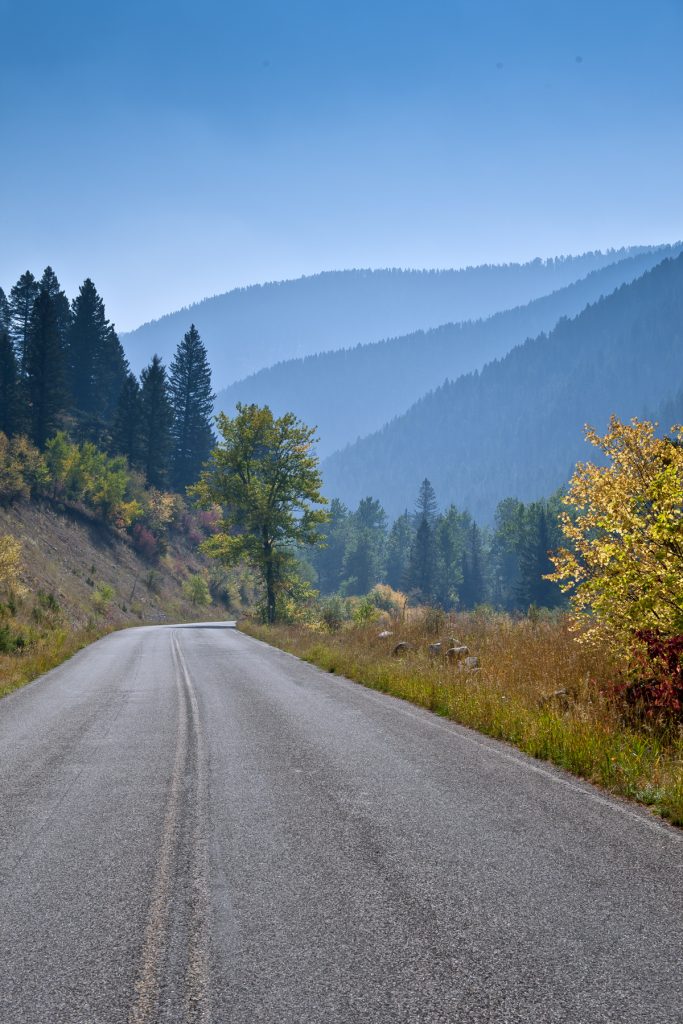
Discover Magazine Interviews WTI Researcher about Wildlife Behavior during Pandemic Humans are staying home more and traveling less during the current COVID-19 restrictions. What does that mean for wildlife? Discovery Magazine recently talked to WTI Research Scientist Tony Clevenger for an online article called “National Parks Are Empty During the Pandemic — and Wildlife Are […]
Project News: California Site Selected for First FRP Wildlife Crossing in North America
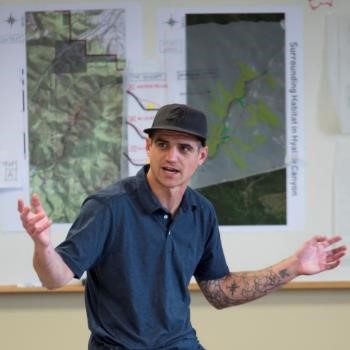
WTI Researchers are collaborating on a research project to develop, implement and evaluate a wildlife crossing structure made of Fiber-reinforced polymers (FRPs), a strong but lightweight composite material that could significantly reduce the construction and maintenance costs of wildlife overpasses and associated infrastructure elements. In recent project news, an FRP wildlife crossing will be designed […]
Road Ecology in the News
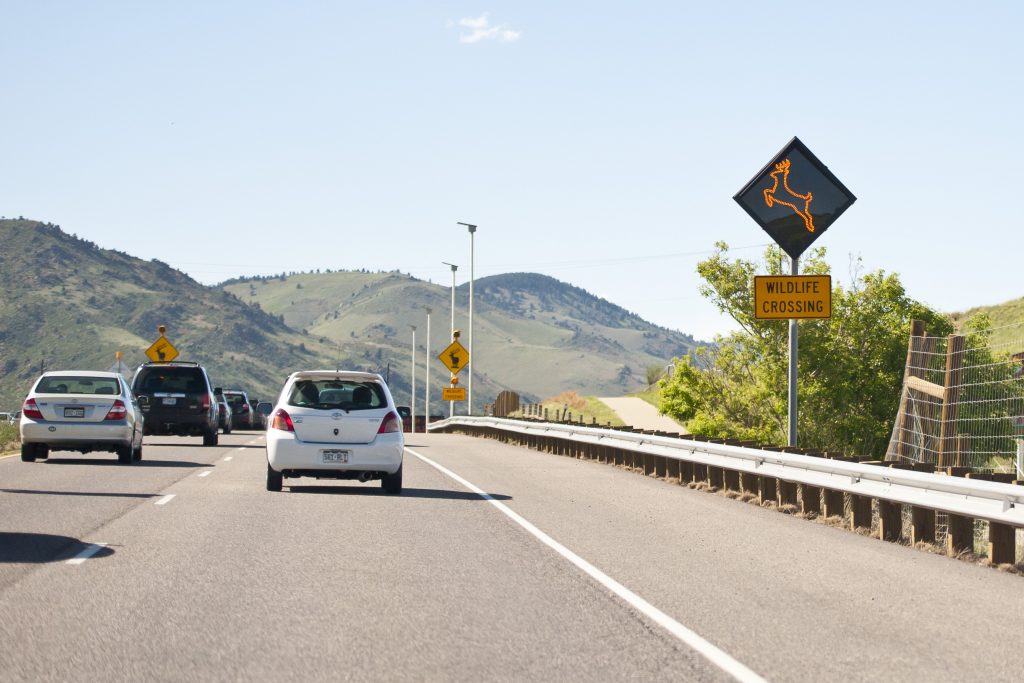
The Revelator interviewed WTI Research Scientist Tony Clevenger for the article “Road to Nowhere: Highways Pose Existential Threat to Wolverines.” The interview primarily focuses on Tony’s study on the impact of the Trans Canada Highway on wolverine movements and gene flow in the Canadian Rockies. The full report is available on the Mapping the Wolverine […]
High Country News Interviews WTI Road Ecologist

The Idaho Transportation Department is currently considering wildlife crossing structures for a segment of U.S. 20 near Island Park. High Country News recently published an extensive feature article exploring both support and opposition to this proposal: “When wildlife safety turns into fierce political debate.” WTI Road Ecologist Marcel Huijser was interviewed for the article, discussing […]
New Publications from Road Ecology
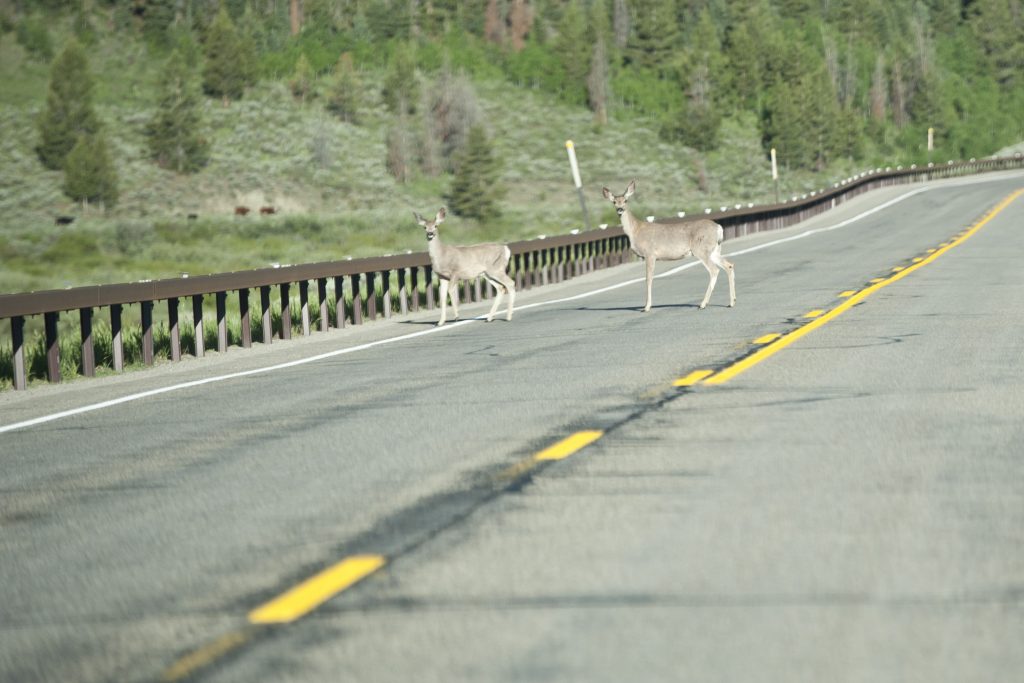
Interested in Road Ecology research? Check out these recent and upcoming publications. WOLVERINE TRAPPING: The Journal of Wildlife Management has published “The Sustainability of Wolverine Trapping Mortality in Southern Canada,” by Garth Mowat, Tony Clevenger, and their research team. It summarizes the team’s research study, in which they observed wolverines over a large area of […]
Wildlife Vehicle Collision Data Collection System: Second phase of development complete
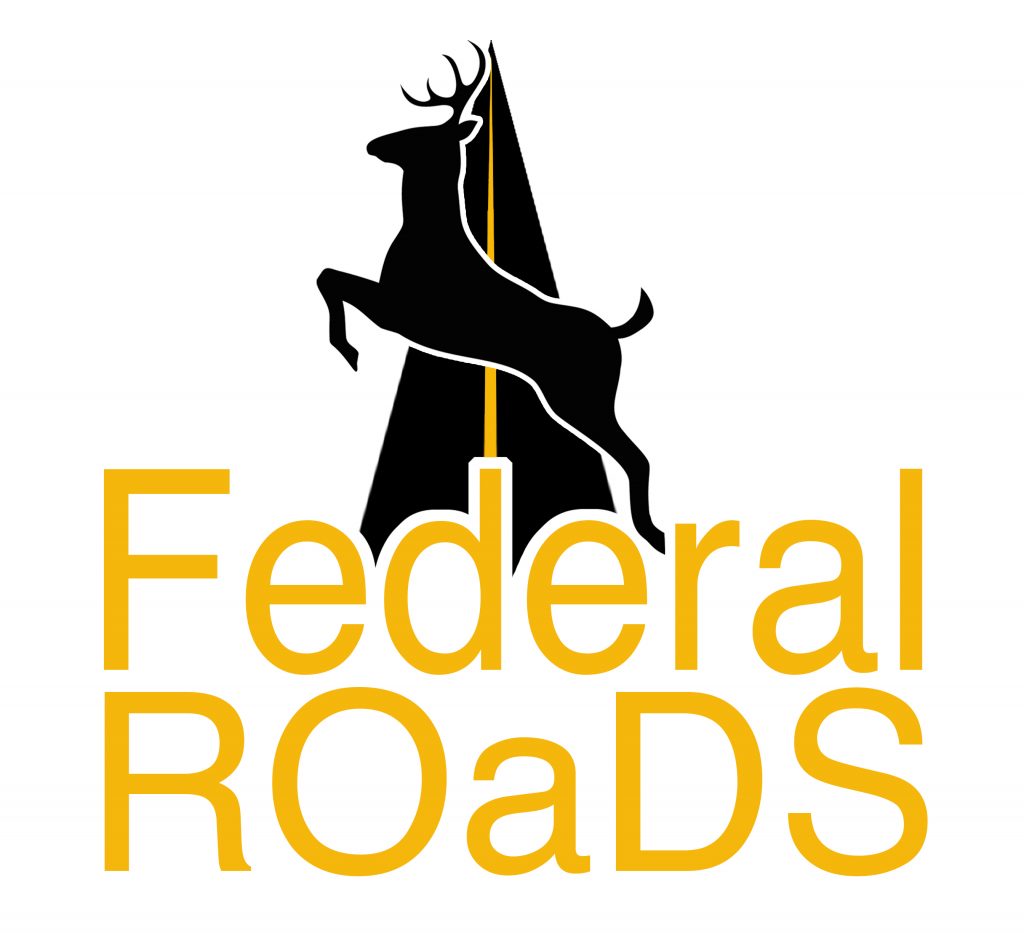
The WTI Road Ecology program, in partnership with the MSU Gianforte School of Computing, has completed a second phase of research on a system to simplify how wildlife vehicle collision (WVC) data is collected and shared among federal agencies. The research program is sponsored by the National Center for Rural Road Safety, the National Park […]
Ament Interviewed on Wildlife Crossing Structures in Wyoming
The Jackson Hole News and Guide has published “Bridging a future for wildlife,” a feature article on proposed wildlife crossings structures for Wyoming highways. In the article, WTI Road Ecology Program Manager Rob Ament discusses how crossing structures can be highly effective in reducing collisions between vehicles and large mammals, especially if the locations are […]
NEW REPORT: Hot Spot Analysis of Large Mammal-Vehicle Collisions in California
The final report is now available for a wildlife vehicle collision study conducted for the California Department of Transportation. Road Ecology Research Ecologist Marcel Huijser and Research Associate James Begley authored the final report for “Large Mammal-Vehicle Collision Hot Spot Analysis,” which provides guidance on the implementation of mitigation measures aimed at reducing collisions with […]
NEW PROJECT: Assessing the Costs and Benefits of an Animal Detection System
WTI Road Ecologist Marcel Huijser will lead a cost-benefit analysis of an animal detection system (ADS) for the Montana Department of Transportation (MDT). MDT is considering a possible installation of an ADS along U.S. Highway 89, near Livingston, Montana. The analysis will investigate factors such as the number of wildlife vehicle collisions (WVCs) on the […]
MDT Launches Wildlife and Transportation Webpage
The Montana Department of Transportation (MDT) has a new webpage dedicated to facilitating collaboration among the many partners working to reduce animal vehicle collisions and enhance wildlife connectivity. In December 2018, the Montana Wildlife & Transportation Summit (Summit) was held at Carroll College in Helena, Montana. It was co-convened by the Montana Governor’s office, Montana […]
